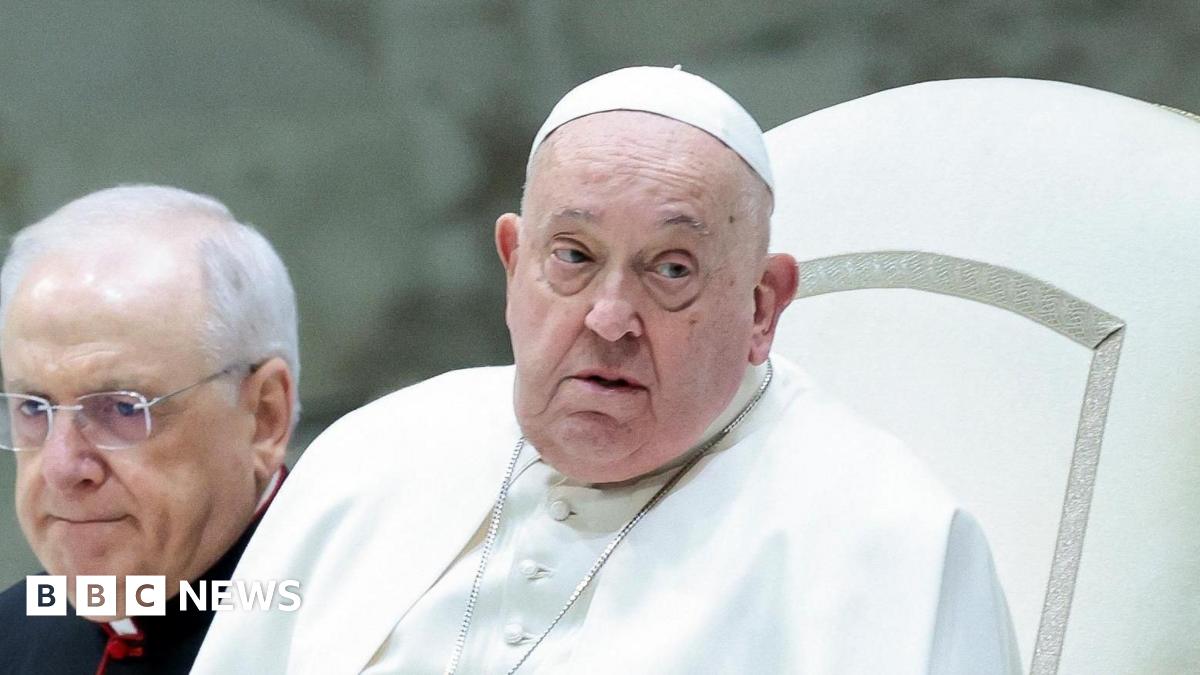AfD: A Deep Dive Into The Far-Right German Party And Its International Links

Table of Contents
AfD: A Deep Dive into the Far-Right German Party and its International Links
Berlin, Germany – The Alternative for Germany (AfD), once a fringe party, has solidified its position as a significant force in German politics, raising concerns both domestically and internationally. Its rise is fueled by a complex mix of anti-immigration sentiment, Euroscepticism, and a rejection of established political norms. Understanding its trajectory and international connections is crucial to comprehending the evolving political landscape of Europe.
The AfD's origins trace back to 2013, born out of opposition to the Eurozone bailouts and Germany's handling of the European debt crisis. Initially focused on economic issues, the party quickly shifted its platform, incorporating staunch anti-immigration rhetoric and increasingly nationalistic positions. This pivot proved highly effective in capitalizing on public anxieties surrounding the influx of refugees and migrants beginning in 2015. The party's success in state elections, culminating in its entry into the Bundestag (German federal parliament) in 2017, marked a watershed moment in post-war German politics.
The AfD's ideology is a complex tapestry woven from strands of right-wing populism, nationalism, and Euroscepticism. While officially denying being a far-right party, its rhetoric and actions frequently align with far-right extremist groups and their agendas. This includes employing inflammatory language targeting minority groups, questioning the legitimacy of democratic institutions, and promoting conspiracy theories. The party's internal structure is fractured, featuring various factions ranging from more moderate to openly extremist elements. This internal division, however, has not hindered its electoral success, indicating a broader resonance with public discontent.
International Connections: A Network of Influence?
The AfD’s international connections are a subject of ongoing scrutiny. While the party officially denies any formal alliances with far-right groups abroad, evidence suggests a network of informal collaborations and ideological alignments. Several AfD politicians have participated in international conferences and events organized by known far-right and nationalist organizations. These associations, while often characterized as "cultural exchanges" or "policy discussions," raise concerns about the potential for the transfer of resources, strategies, and propaganda between extremist groups across borders.
Specifically, links have been identified with groups in other European countries, such as the [specific examples of far-right parties or organizations in other European countries with which the AfD has demonstrably interacted, e.g., National Rally in France, Brothers of Italy, Freedom Party of Austria. Include details of specific interactions like joint events, shared platforms, or policy statements that demonstrate the connection]. These connections, while often subtle and denied, suggest a broader transnational network of far-right actors engaged in mutual support and the dissemination of similar ideologies.
The impact of these international links is not yet fully understood. However, concerns exist regarding the potential for the AfD to gain support and legitimacy through its association with established far-right movements. This could contribute to the normalization of far-right ideologies and potentially destabilize democratic norms within Germany and across Europe.
Challenges and Future Outlook:
The AfD faces significant challenges. Internal divisions continue to plague the party, hindering its ability to present a unified front. Furthermore, the party has struggled to attract broader support beyond its core constituency. Recent polling data [cite relevant polling data showing the AfD's current support levels] reveals a plateauing or even decline in support, suggesting the limits of its appeal.
However, the AfD remains a powerful force in German politics. Its influence on the national discourse is undeniable, and its presence in the Bundestag continues to shape the political landscape. Understanding the party's ideology, its internal dynamics, and its international connections is crucial for analyzing the evolving political climate in Germany and its implications for the wider European Union. Continued monitoring of the AfD's activities, both domestically and internationally, is essential to gauge its future impact and potential for influence. The party's trajectory in the coming years will be a key indicator of the resilience of German democracy and the broader health of the European political system.

Featured Posts
-
 Martin Short And Maya Rudolph Miss Snl 50th Due To Covid 19 Concerns
Feb 25, 2025
Martin Short And Maya Rudolph Miss Snl 50th Due To Covid 19 Concerns
Feb 25, 2025 -
 Fatal Paris Accident Cyclist Paul Varrys Vision For Change
Feb 25, 2025
Fatal Paris Accident Cyclist Paul Varrys Vision For Change
Feb 25, 2025 -
 A Doge Dividend Why Trumps Idea Could Be Financially Catastrophic
Feb 25, 2025
A Doge Dividend Why Trumps Idea Could Be Financially Catastrophic
Feb 25, 2025 -
 Cycling Activist Paul Varry Dies After Paris Collision
Feb 25, 2025
Cycling Activist Paul Varry Dies After Paris Collision
Feb 25, 2025 -
 Pope Francis Health Critical Condition Persists Peaceful Sleep Offers Hope
Feb 25, 2025
Pope Francis Health Critical Condition Persists Peaceful Sleep Offers Hope
Feb 25, 2025
Latest Posts
-
 Af D Analyzing The Far Right German Partys Influence And Backing
Feb 25, 2025
Af D Analyzing The Far Right German Partys Influence And Backing
Feb 25, 2025 -
 Paris Mourns Paul Varry Champion Of Cycling Advocacy Dies
Feb 25, 2025
Paris Mourns Paul Varry Champion Of Cycling Advocacy Dies
Feb 25, 2025 -
 Luigi Mangiones Legal Battle The Women Fighting For Him
Feb 25, 2025
Luigi Mangiones Legal Battle The Women Fighting For Him
Feb 25, 2025 -
 Tax Cuts Take Center Stage As Government Shutdown Threatens
Feb 25, 2025
Tax Cuts Take Center Stage As Government Shutdown Threatens
Feb 25, 2025 -
 Snl 50th Celebration The Pandemics Impact On Maya Rudolph And Martin Short
Feb 25, 2025
Snl 50th Celebration The Pandemics Impact On Maya Rudolph And Martin Short
Feb 25, 2025
